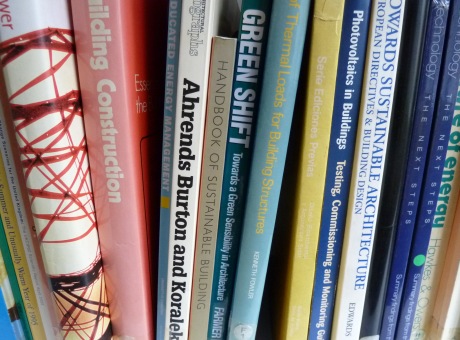The Tyndall decarbonisation scenarios-Part I: Development of a backcasting methodology with stakeholder participation

1 January 2008
The Tyndall decarbonisation scenarios project has outlined alternative pathways whereby a 60% reduction in CO2 emissions from 1990 levels by 2050, a goal adopted by the UK Government, can be achieved. This paper, Part I of a two part paper, describes the methodology used to develop the scenarios and outlines the motivations for the project. The study utilised a backcasting approach, applied in three phases. In phase one, a set of credible and consistent end-points that described a substantially decarbonised energy system in 2050 were generated and reviewed by stakeholders. In phase two, pathways were developed to achieve the transition to the desired end-point. The impacts of the scenarios were assessed in phase three, by means of a deliberative multi-criteria assessment framework. The scenarios to emerge from this process are elaborated in Part II, and conclusions drawn in relation to the feasibility of achieving the 60% target. (C) 2008 Elsevier Ltd. All rights reserved.
The Tyndall decarbonisation scenarios-Part I: Development of a backcasting methodology with stakeholder participation. ENERG POLICY , 36 (10) 3754 - 3763. 10.1016/j.enpol.2008.06.003.
Mander, SL; Bows, A; Anderson, KL; Shackley, S; Agnolucci, P; Ekins, P; (2008)
 Close
Close

